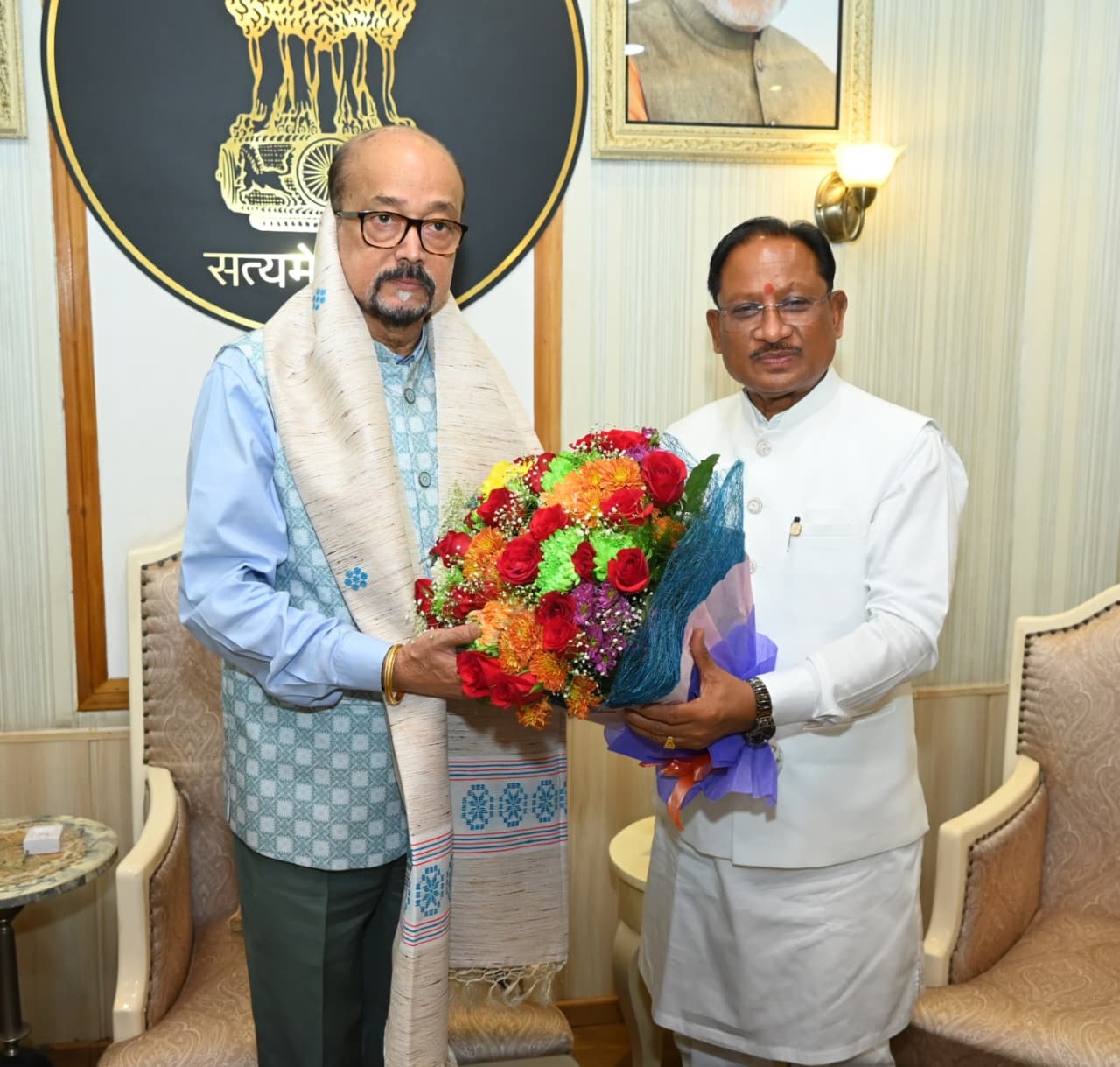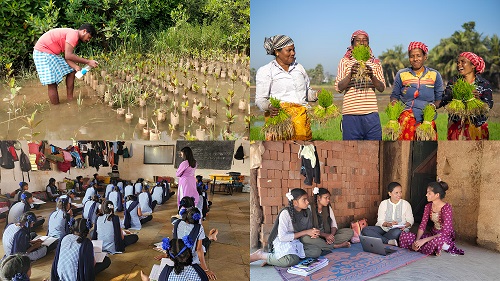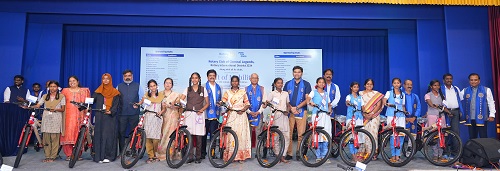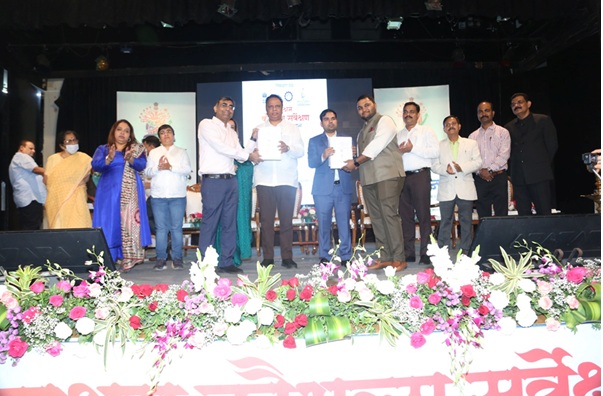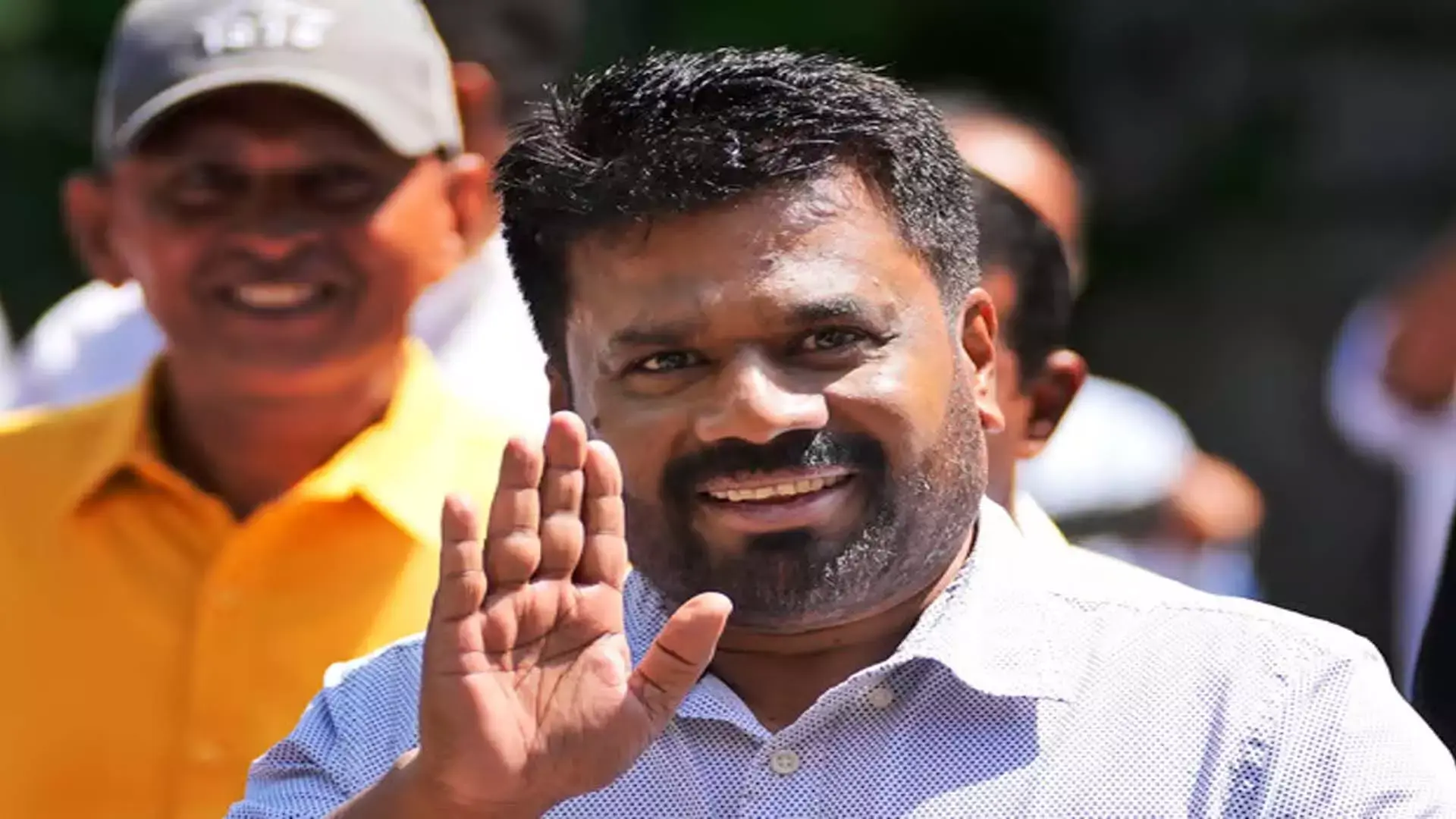
Sri Lanka: Sri Lanka has got its first communist president in 56-year-old Anura Kumara Dissanayake – a historic verdict after a second round of counting, another first in the island’s presidential election history. Dissanayake defeated his nearest rival Sajith Premadasa and current President Ranil Wickremesinghe by winning over 5.63 million votes.
Noting that he was ahead by 1 million votes with a 10% margin overall, the Sri Lankan Election Commission decided to declare him the winner. It was a stunning turnaround as Dissanayake won only 3% of the vote in the last presidential election in 2019. He is due to be sworn in on today on Monday September 23 , according to PTI. The Marxist Janatha Vimukthi Peramuna (JVP) leader’s campaign was based on sweeping reforms, tackling corruption and ensuring economic relief. In short, Dissanayake offered a political revolution through the ballot box. Dissanayake hails from Thambuttegama in Anuradhapura’s North Central District.
In his own words, “an ambitious young man who wanted to change the world,” the man who became president has consistently claimed that only a sweeping political transformation can help Sri Lanka get out of the current quagmire. One of its core values is to empower the island’s majority – the working class, rural people – who have no role in political decision-making. As he describes himself as the son of “working class parents,” Dissanayake spent two years in his hometown.
He attended public schools, and was the first student from Thambuttegama to enter university. His involvement in student politics led him to join the Marxist Janatha Vimukthi Peramuna (JVP) in 1987. Soon he became fully absorbed in JVP politics. A brilliant student, Dissanayake joined the University of Peradeniya, but had to drop out as threats increased. In 1992, he transferred himself to the University of Kelaniya and graduated with a Bachelor of Science degree in 1995.
Dissanayake has been resolute in his criticism of nepotism, cronyism, concentration of power and corruption. In and out of parliament, Dissanayake has been a strong anti-corruption voice demanding accountability. His promise to reform the system, end family rule, bring about financial reform and improve governance structures impressed those opposed to the government who wanted an end to the Rajapaksa brand of politics. Key public promises repeatedly repeated by Dissanayake include recovering stolen assets and punishing those responsible for the island’s unprecedented economic crisis. As our contributor Dilrukshi Handunetti has written, Dissanayake’s rise would signal a complete shift – a shift that would effectively end the Sri Lankan elite’s grip on politics and possibly rampant corruption.
![]()


